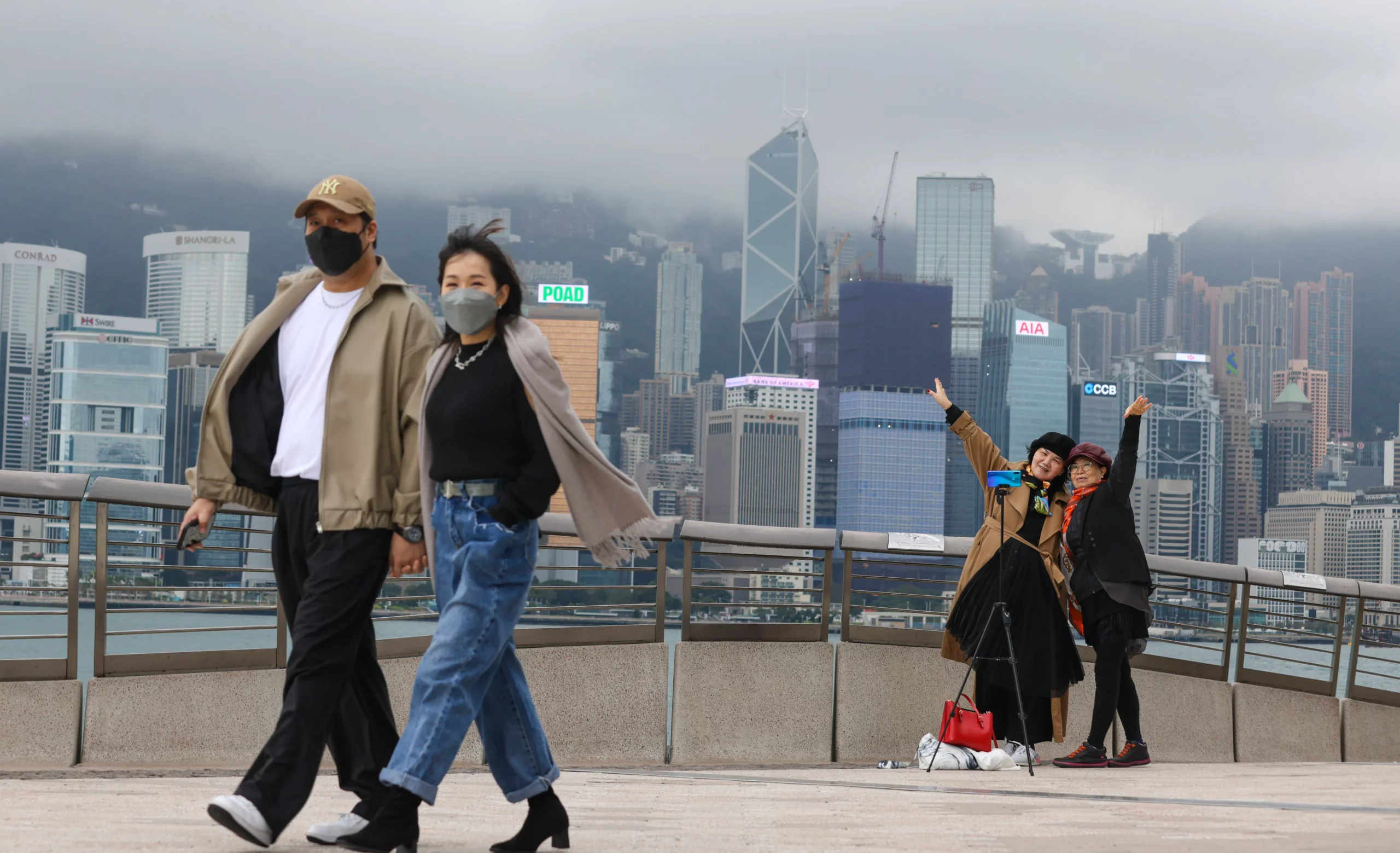- Hong Kong needs to modernise its tourism model, focusing on quality rather than quantity, and respond to shifts in consumer behaviour during the pandemic
- With its unique history and location, and creative and resilient workforce, the city has what it takes but it must adapt swiftly
The unprecedented disruption during the Covid-19 pandemic to how we travel has created an urgent need to rethink transport, accommodation and hospitality for all destinations involved in travel and tourism.
The tourism industry has historically been one of Hong Kong’s most important sources of income, contributing nearly five per cent of the city’s gross domestic product and providing numerous employment opportunities. However, the industry has suffered greatly recently due to the year-long protests that paralysed parts of the city, and the slow lifting of anti-epidemic measures that scared off potential visitors.
Reversing the damage done to Hong Kong’s tourism industry and enhancing its current poor image will take a long time and a lot of effort. That’s why we must act now to show the world what Hong Kong has to offer.
The Hong Kong government has recently paid much more attention to tourism, and that’s a positive development, but flashy promotions, slogans and giveaways are not enough.
To restore confidence, all businesses involved in the industry – airlines, travel agents, hotels, shops, major tourist attractions, conference and exhibition organisers, the media, and others – must enhance their hardware and software for the new normal and respond to the latest trends and expectations. In short, we need to give travellers concrete reasons to return.
The recently launched “Hello Hong Kong” campaign to promote tourism has faced some criticism. It’s clear that the city should project a stronger message, focusing on its unique cultural diversity, culinary richness, efficiency, safety and more. After several years of lockdowns, people crave authentic and meaningful experiences when they travel, so a compelling proposition is essential.
Over the past decade, Hong Kong has relied too heavily on one source of tourist arrivals, which is not sustainable in the long term. The need to move from mass to quality tourism is obvious, and the decision is hardly a choice.
The city is becoming increasingly expensive, and it’s no longer the shopping haven it once was. In fact, other regional destinations now offer the same or better choices, some at lower prices. This will significantly impact the number of arrivals.
Hong Kong needs to modernise its tourism model. Quality tourists expect higher standards in both economic and cultural terms, and a well-trained and motivated workforce with a positive attitude is imperative to welcome, serve and attract them – hospitality is a people-first business, after all.
The good news is Hong Kong does have what it takes to regain its dominant position in the global tourism industry. The city is blessed with a distinctive history and location. Its inhabitants are also exceptionally creative, innovative and resilient, with a proven track record of turning challenges into opportunities. Overall, it’s a unique place to live, work and visit – one of the most freewheeling places in the world, and definitely a place of contradictions.
The city’s strengths in financial services, trade, transport, communication and infrastructure also remain robust and attractive to many. Its coastal areas and country parks, ranging from sandy beaches and rocky shores to peaks of almost 1,000 metres, are stunning, and something Hong Kong can proudly promote to foreign visitors.
That said, when seeking to attract quality international travellers, Hong Kong must be more aggressive and focused in its approach. Tourism industry investors and operators must recognise that the behaviour and spending patterns of consumers and travellers have shifted dramatically during the pandemic, and will only continue to change. They should alter their business plans and strategies accordingly.
New competitive facilities, products, services and attractions must continually be developed to meet visitors’ expectations. Maximising the potential of Hong Kong’s harbourfront with better facilities for events, business and leisure could be a great place to start.
Another low-hanging fruit would be the creation of a cultural centre for year-round musical or theatrical performances and special events. Created in line with what New York and London are offering, this could be one of the best facilities in Asia.
For several decades, Hong Kong’s tourism industry ranked among the world’s strongest, with high standards resulting in high performance and returns. The wit, grit, passion and professionalism of the city’s local and foreign workforce made its tourism scene highly enterprising, dynamic and competitive.
Past glories, however, cannot be relied upon, and change is inevitable. Hong Kong must adapt now to regain its dominant position in the market.
Giovanni Angelini is the founder of Angelini Hospitality. He is a former travel and tourism executive, and was CEO of the Shangri-La Hotels and Resorts Group for many years
